# india
12 posts in `india` tag
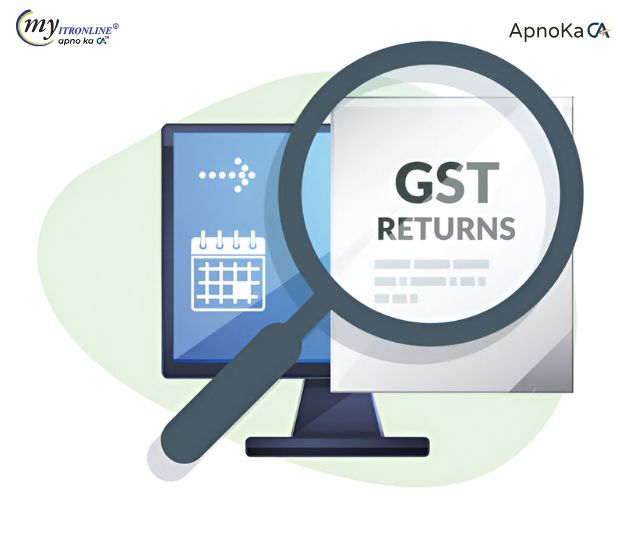
GSTR-1/1A Table 12: Brace for Impact – Key Updates & Compliance Steps
The GSTN has rolled out crucial Phase-III changes to GSTR-1/1A Table 12, effective from April/May 2025. Key updates include the bifurcation of Table 12 into separate B2B and B2C sections, mandatory HSN/SAC code selection via dropdowns, and the introduction of value validations (initially in warning mode). This summary details these modifications, their impact on taxpayers based on AATO, and essential preparation steps to ensure smooth compliance.

New GSTN Rule: Consolidated B2C HSN Summary Required in GSTR-1
The recent Infosys GSTN update has made it mandatory to include a consolidated HSN (Harmonized System of Nomenclature) summary for all B2C (Business-to-Consumer) transactions in GSTR-1 filing. Earlier applicable mainly to B2B and high-value B2CS invoices, this significant change now requires businesses to classify and report even small B2C sales by HSN code. The update aims to improve transparency, data accuracy, and tax compliance. This blog details the key implications for businesses, steps for reporting the B2C HSN summary in Table 12 of GSTR-1, HSN digit requirements, and best practices to ensure seamless compliance under the new GST regime.

Section 194C Explained: TDS on Contractor Payments & How to Report It in Your ITR
This blog post serves as a complete and detailed guide for businesses and individuals to understand Section 194C of the Income Tax Act, 1961. It explains TDS obligations on payments to contractors, outlines applicable rates and thresholds, and most importantly, teaches how to correctly report these deductions in your Income Tax Return (ITR). From verifying Form 26AS and AIS to avoiding mismatch notices, this article helps you ensure compliance, avoid scrutiny, and maintain a clean tax record.

Breaking News: Income Tax Return (ITR) Filing Deadline for AY 2025-26 Extended to September 15, 2025
The Central Board of Direct Taxes (CBDT) has announced an extension for the filing of Income Tax Returns (ITRs) for Assessment Year (AY) 2025-26. Originally due by July 31, 2025, the deadline has now been extended to September 15, 2025. This decision comes in light of structural and content revisions in the notified ITRs, necessitating additional time for system development and integration, and considering the time required for system readiness. The extension aims to provide taxpayers with a smooth and convenient filing experience, ensuring compliance and accurate reporting
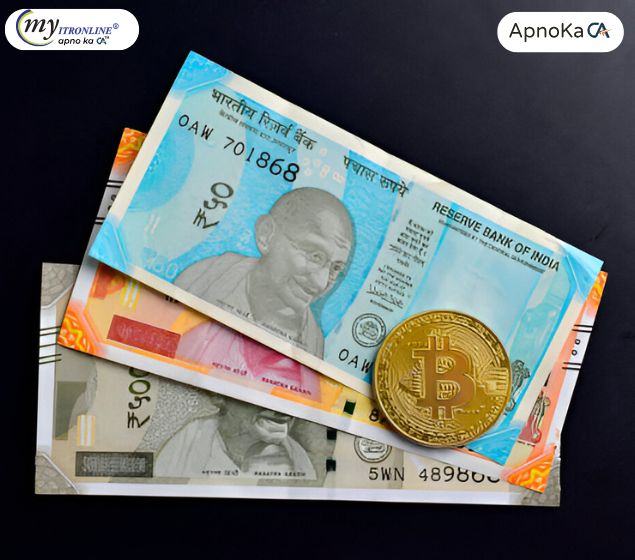
Avoid Penalties: Your Guide to Crypto Taxation in India
The Indian government has established a clear framework for the taxation of Virtual Digital Assets (VDAs) under the Finance Act 2022. This comprehensive guide covers the flat 30% tax on VDA gains, the 1% TDS on transactions, strict rules regarding loss set-off and carry forward, and other taxable scenarios like mining, staking, and gifts. It also provides a step-by-step approach to filing crypto taxes in India, emphasizing the importance of detailed record-keeping and professional assistance to ensure compliance and avoid penalties.
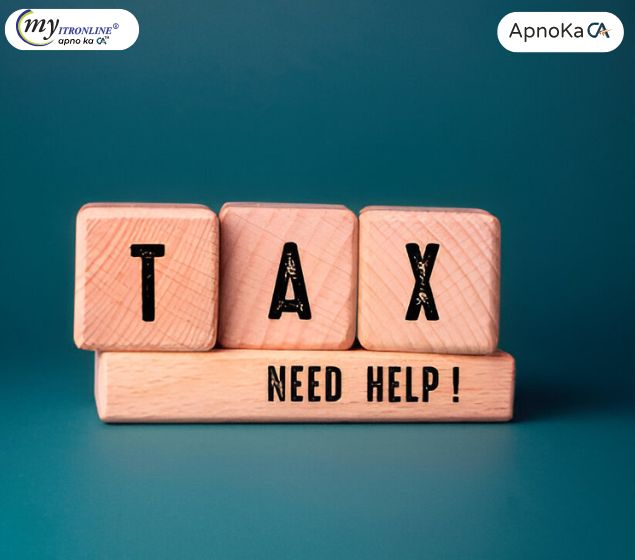
HRA in the New Tax Regime: What You Must Know to Avoid Notices
This blog demystifies the treatment of House Rent Allowance (HRA) under India's New Tax Regime. It clarifies whether HRA is exempt, outlines its impact on your tax filing process, and provides crucial advice on how to navigate the changes to avoid receiving tax notices. Learn the key differences from the old regime and ensure your tax compliance is seamless for the current financial year and beyond.
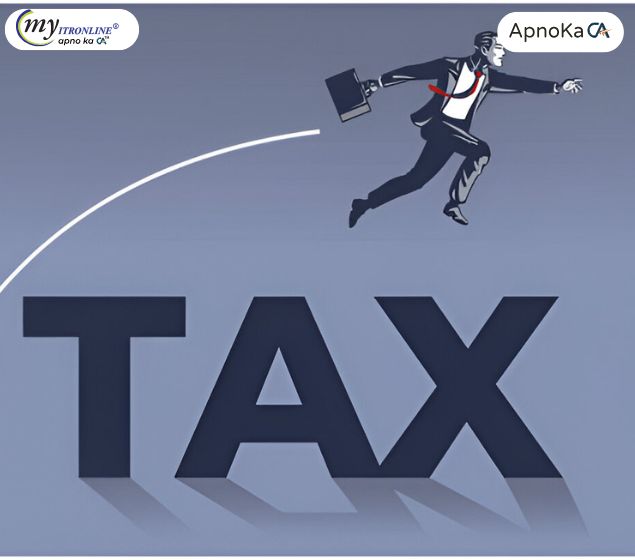
Rectify Your ITR: Claim Forgotten Section 80C Deductions and Avoid Penalties
This blog post provides a comprehensive guide for taxpayers who have missed claiming eligible deductions under Section 80C of the Income Tax Act, 1961, in their original Income Tax Return (ITR). It explains the importance of Section 80C, the concept of a Revised ITR, and offers a detailed step-by-step process for filing a revised return online. The article also emphasizes the significance of adhering to deadlines to avoid penalties and provides essential tips for a smooth filing experience, ensuring taxpayers can reclaim their rightful tax benefits
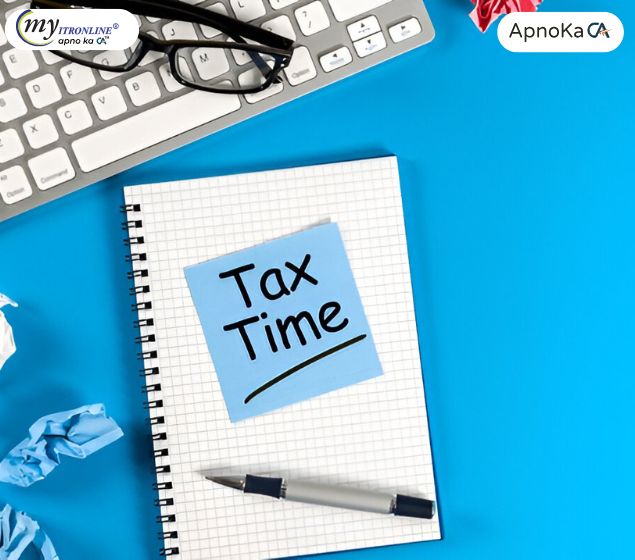
19 Lakh Salary? Here's How to Pay ZERO Income Tax in the New Regime
This blog delves into the strategic methods allowing salaried professionals to pay nil income tax on a ₹19 lakh annual salary under India's New Tax Regime (effective FY 2024-25). It outlines how leveraging increased basic exemption limits, the enhanced Section 87A rebate, standard deductions, employer's NPS contributions, and smart flexi-pay salary structuring can lead to a tax-free income, complete with illustrative calculations and actionable steps.

Double Your Benefits: Utilize Sections 80C & 80D Simultaneously to Enhance Your Tax Savings
This blog explores how Indian taxpayers can maximise their income tax savings by leveraging both Section 80C and Section 80D of the Income Tax Act. While Section 80C focuses on investments and expenses like PPF, ELSS, and home loan principal repayment, Section 80D offers deductions on health insurance premiums and preventive health check-ups. By using these sections together, taxpayers can claim deductions up to ₹2,00,000 annually. The blog explains eligibility, deduction limits, strategic planning tips, and helps readers choose between the old and new tax regimes for optimal tax benefits.

12A Registration Made Easy: Latest Online Guidelines for Indian NGOs
For non-profit organizations, charitable trusts, and societies in India, securing 12A registration is vital for income tax exemption. With the Indian government's move towards digital governance, the 12A registration process has undergone significant updates. This blog post provides a detailed look at the latest guidelines, including mandatory online filing via Form 10A/10AB, the requirement for re-registration for existing entities, the new 5-year validity period, and essential steps to ensure a smooth, compliant experience for your organization.
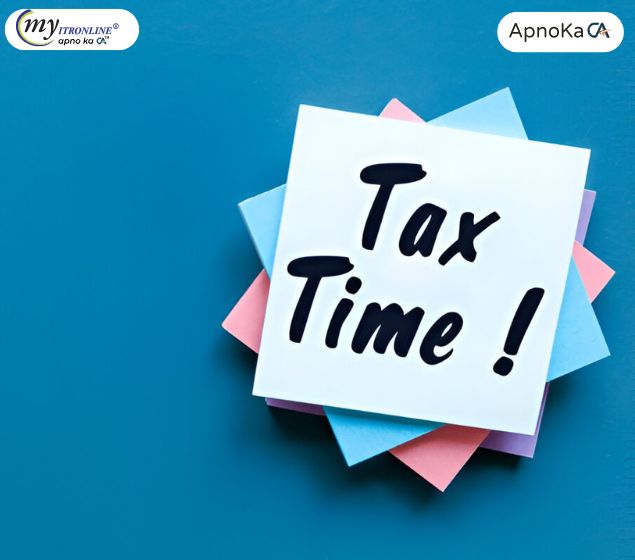
Section 44ADA Explained: Presumptive Taxation Benefits for Self-Employed
This comprehensive guide delves into Section 44ADA of the Income Tax Act, 1961, offering a simplified "presumptive taxation" scheme for eligible self-employed professionals. Discover who qualifies, how to calculate your taxable income at a minimum of 50% of gross receipts, and the significant benefits like exemption from detailed bookkeeping and tax audits. Learn about crucial compliance aspects, including advance tax and the increased ₹75 Lakhs gross receipts limit, to make informed decisions for smarter tax planning and effortless compliance.
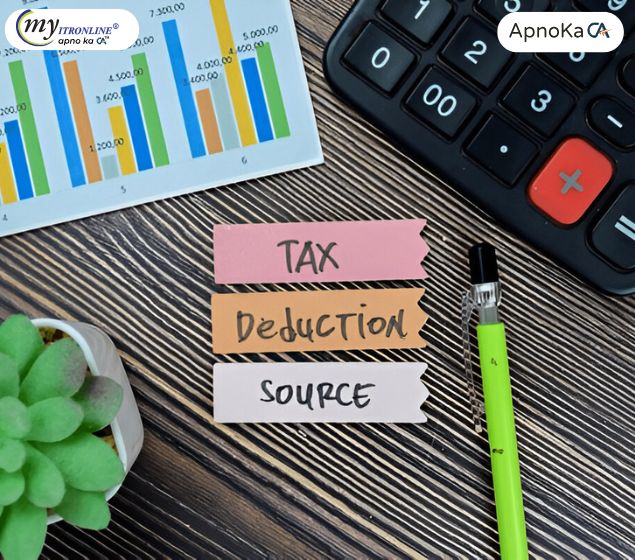
TDS Simplified: Your Essential Rate Chart for FY 2025-26 (AY 2026-27)
This in-depth guide simplifies TDS (Tax Deducted at Source) for Financial Year 2025-26 (Assessment Year 2026-27). Discover how this crucial tax collection mechanism works, explore the latest changes from Union Budget 2025 including increased threshold limits, the introduction of Section 194T for partners' remuneration, and the removal of higher TDS for non-filers. We provide a detailed TDS rate chart and explain the implications of non-compliance, empowering both deductors and deductees for efficient tax planning and compliance
